When it comes to powering your tools, appliances, or electronics, the right extension cord can make all the difference — not just in performance, but in safety. At AC WORKS®, we talk a lot about reducing voltage drop with larger wire gauge cords, but even if voltage drop isn’t your biggest concern, using a high wire gauge (thicker cord) still offers major benefits.
Why Use a Thicker Wire Gauge?
A wire’s gauge refers to its thickness — and more importantly, how much electrical current it can handle safely. The lower the gauge number, the thicker the wire, and the more power it can deliver. Using thicker cords is beneficial in:
-
Longer power runs
-
High-powered equipment
-
Warmer environments
-
Long-duration usage
-
Rougher, industrial conditions
Even in short-distance scenarios, having a thicker extension cord can help improve durability, prevent overheating, and extend the lifespan of your equipment.
Understanding Wire Gauge and Amperage
Here’s a quick breakdown of common wire gauges and the amperage they’re rated for:
-
18 gauge — up to 10 amps
-
14 gauge — up to 15 amps
-
12 gauge — up to 20 amps
-
10 gauge — up to 30 amps
-
8 gauge — up to 40 amps
-
6 gauge — up to 50 amps
These numbers matter more than you think, especially when powering high-demand appliances over time.
Real-World Example: Air Conditioners and Extension Cords
If you’ve ever looked at your AC unit, you’ve probably seen a label warning against using an extension cord. Why? Most manufacturers are concerned you’ll use an underpowered cord, which could overheat and pose a fire hazard.
Take a typical 15A (1800W) window AC unit with a NEMA 5-15 plug. Technically, you could use a 14-gauge extension cord. But if you're running the unit for several hours or in hot weather, a 12-gauge — or even 10-gauge — extension cord is the smarter choice. Not only will it stay cooler, but it also reduces stress on your appliances and wiring.
Using a too-thin cord, like an 18 gauge, would be extremely risky — it can overheat, melt, or even start a fire.
Another Use Case: Data Centers and L22-30 Power Cords
In high-demand settings like data centers, the stakes are even higher. An L22-30 cord is usually wired with 10 gauge to handle up to 30 amps. However, with constant, heavy power draw, going overkill with 8 gauge or 6 gauge ensures better reliability and safety.
The Bottom Line: Go Beyond the Minimum
Warning labels aren’t telling you to avoid extension cords altogether — they’re warning you to use the right one. Choosing a cord that exceeds the minimum wire gauge and amperage requirements is a smart way to ensure:
-
Stable, uninterrupted power
-
Cooler operating temperatures
-
Longer cord and equipment lifespan
-
Safer performance in any environment
AC WORKS® Has You Covered
If you’re looking for Super-Duty, high-gauge, overkill extension cords, you’ve come to the right place. Whether you’re prepping for an industrial job, outfitting a data center, or heading out on an RV adventure, AC WORKS® has the heavy-duty power cords you can trust.
Stay powered up — and powered smart.
👉 Explore our high-gauge cords below or reach out to our team for help choosing the right one for your application.
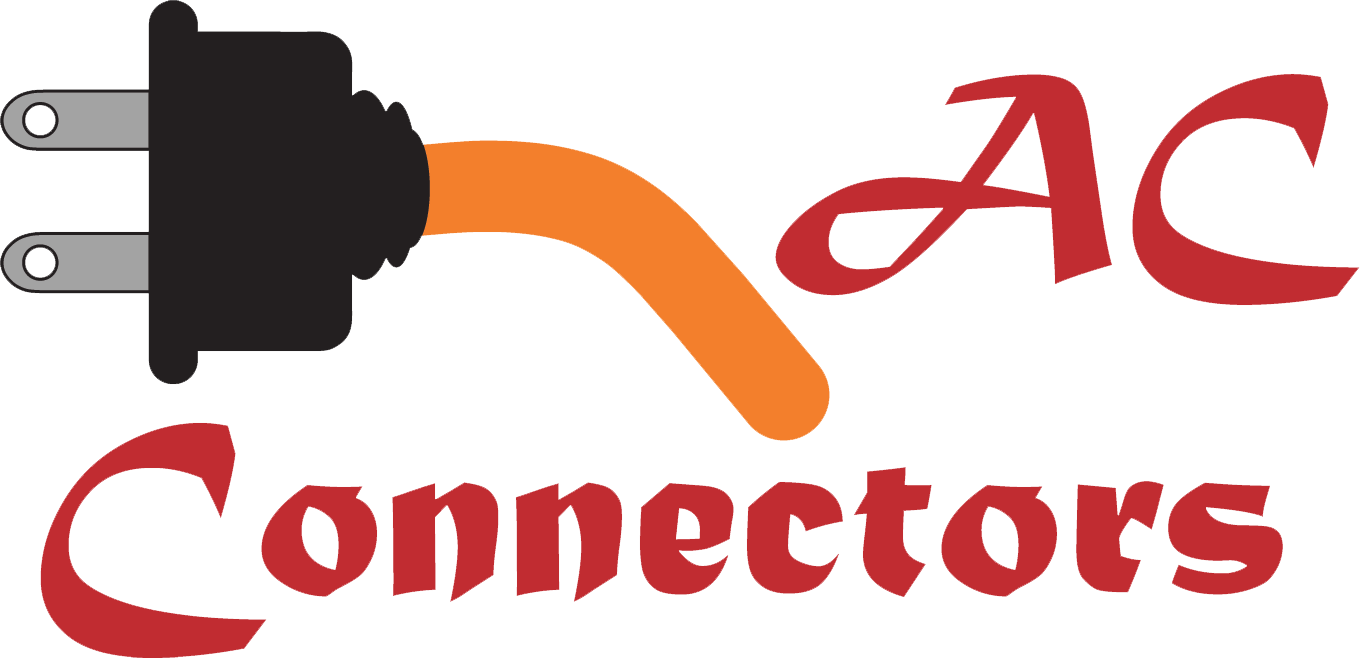


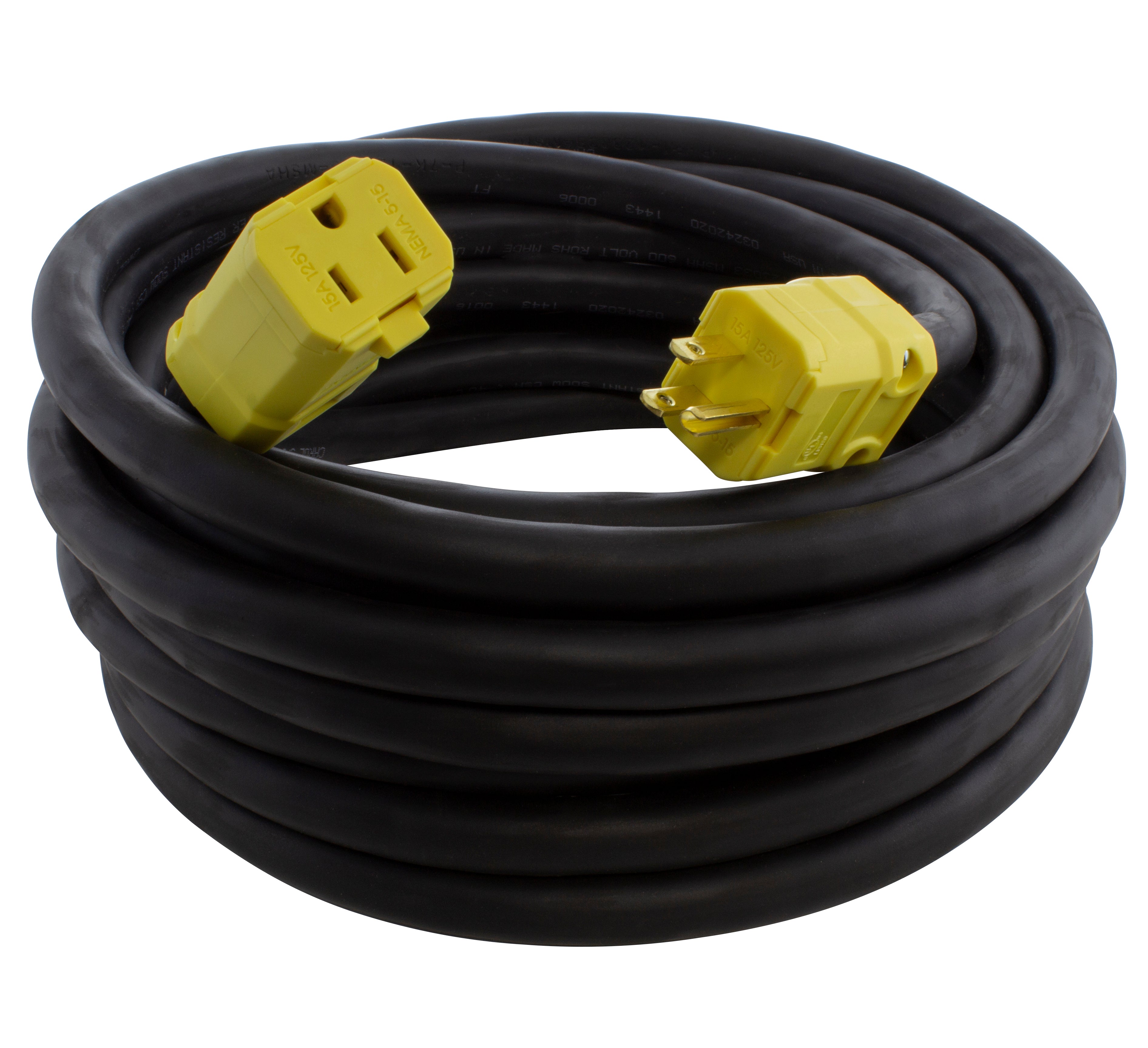
![AC WORKS® [SD515520] SOOW 10 Gauge NEMA 5-15P to NEMA 5-20R 15/20A Super Duty Rubber Extension Cord](http://acworks.com/cdn/shop/products/SD515520-0.jpg?v=1680120126&width=4000)
![AC WORKS® [SD520PR] SOOW 10 Gauge 20A 125 Volt NEMA 5-20 Over Kill Super Duty Rubber Extension Cord](http://acworks.com/cdn/shop/files/SD520PR-0_4536f5a4-a7b3-45f4-a2da-ffd1872eb2c6.jpg?v=1727212709&width=2500)
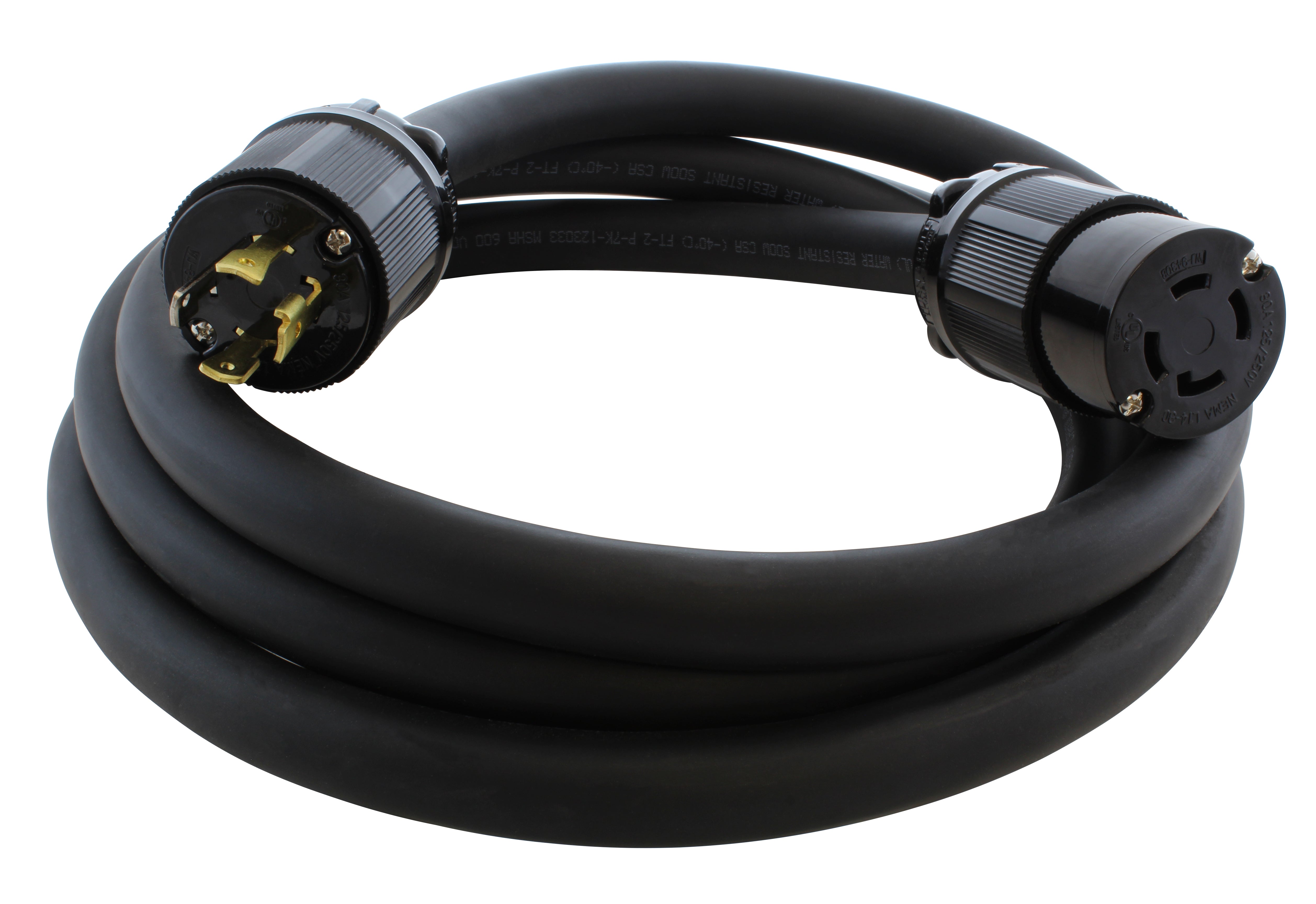
![AC WORKS® [HD515PR] SOOW 12 Gauge NEMA 5-15 15A 125V Heavy Duty Outdoor Rubber Extension Cord](http://acworks.com/cdn/shop/files/HD515PR-0_0831add5-ffa1-4e25-9598-2473740a8e2c.jpg?v=1727213245&width=2500)
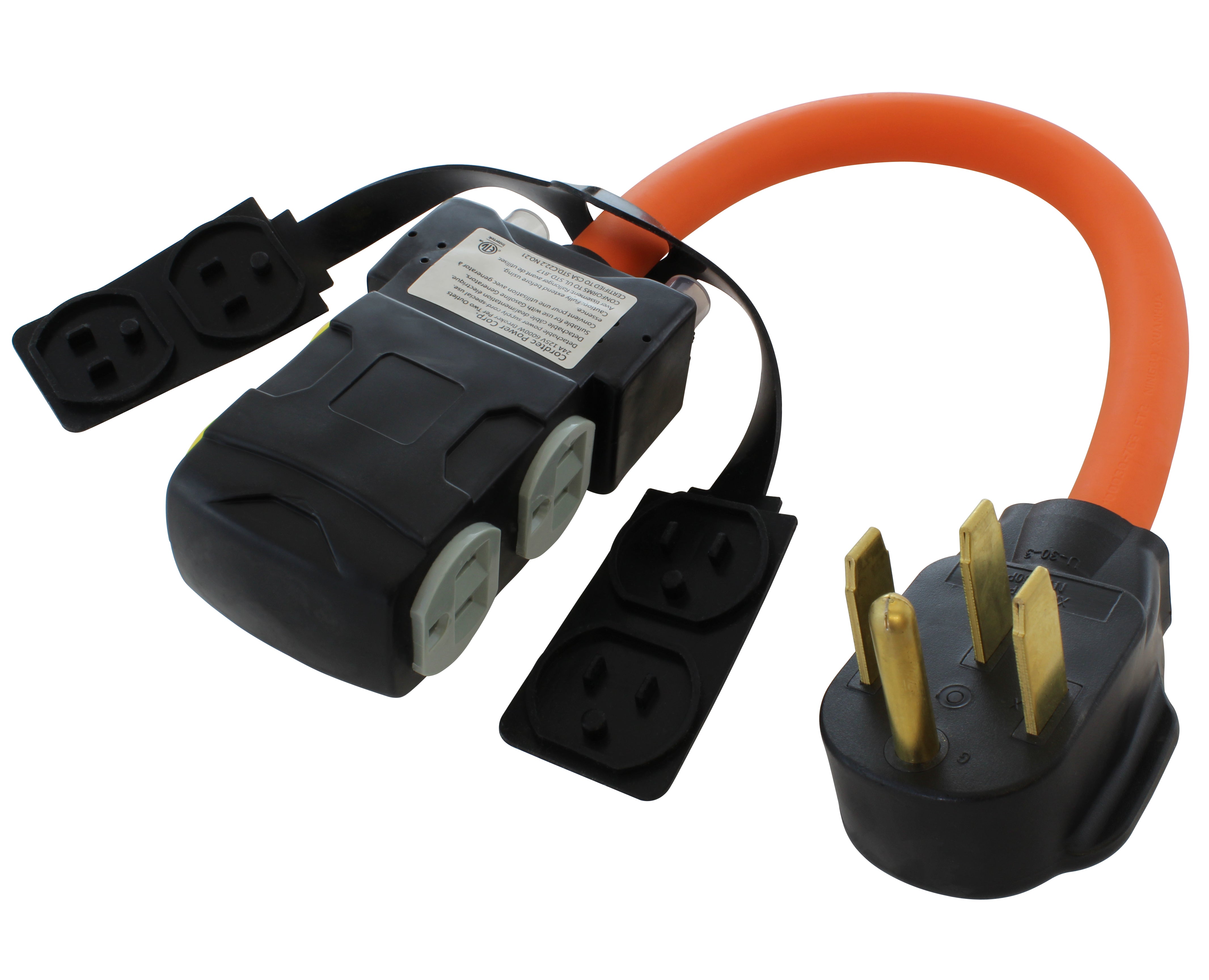
![AC WORKS® [ASINSS2PBX-G] 50A Locking 4-Wire CS6375/ SS2-50 Heavy-Duty Transfer Switch Inlet Box](http://acworks.com/cdn/shop/files/ASINSS2PBX-0_0206b362-7c90-42a5-8754-0685c13dab7e.jpg?v=1758051675&width=2500)
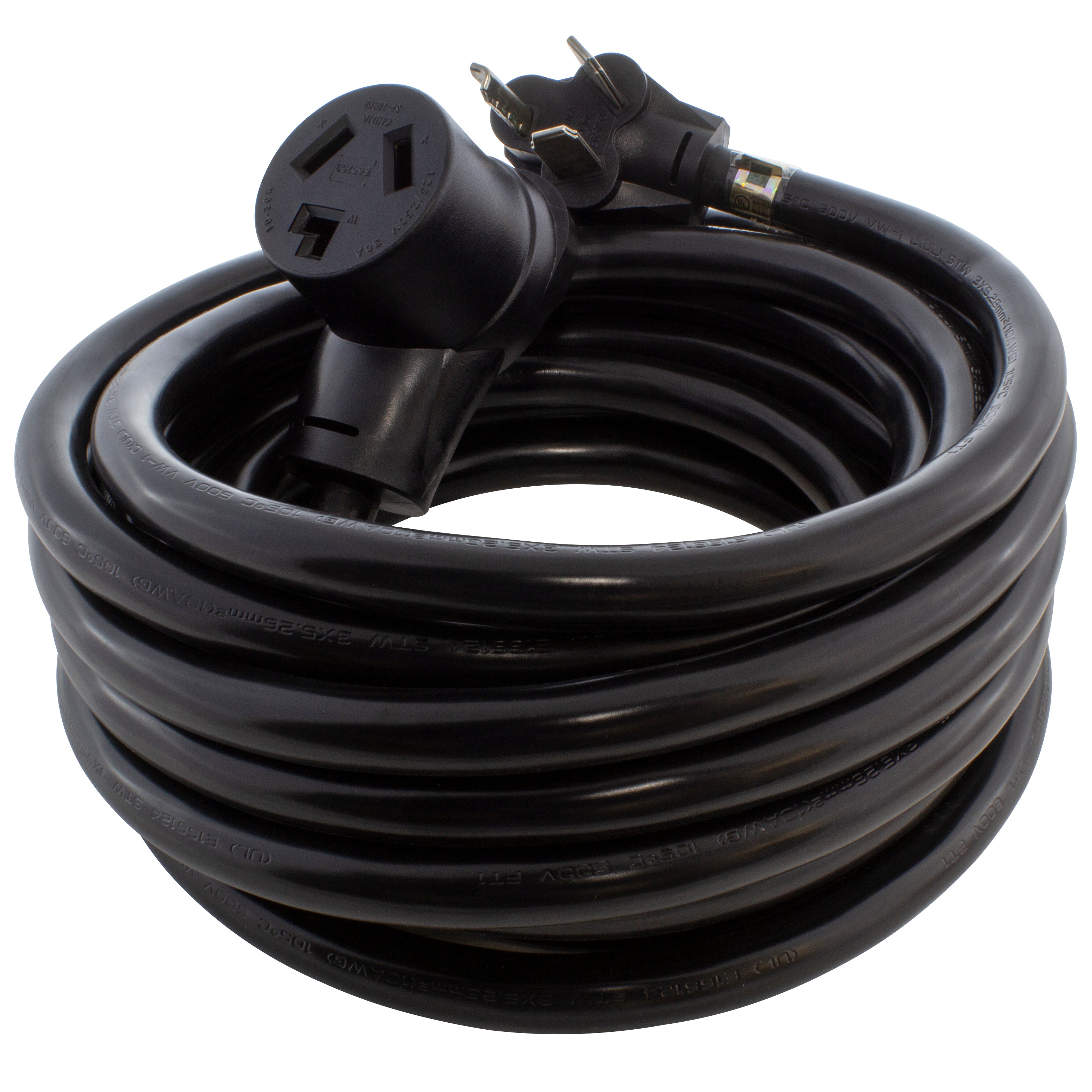
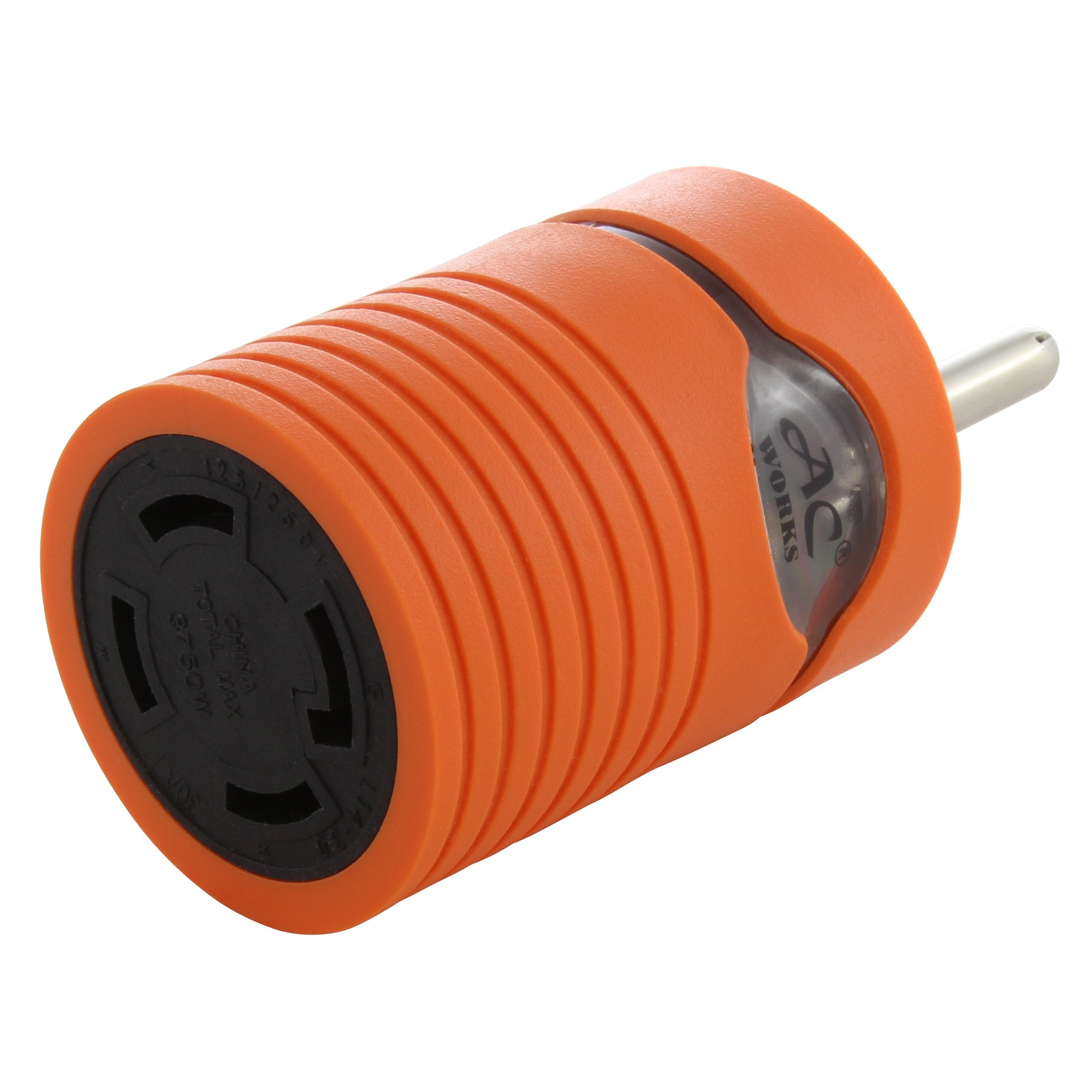
![AC WORKS® [S1430CBF520] 1.5FT 14-30P 4-Prong Dryer Plug to (4) Household Outlets with 24A Breaker](http://acworks.com/cdn/shop/products/S1430CBF520.jpg?v=1666103519&width=4656)
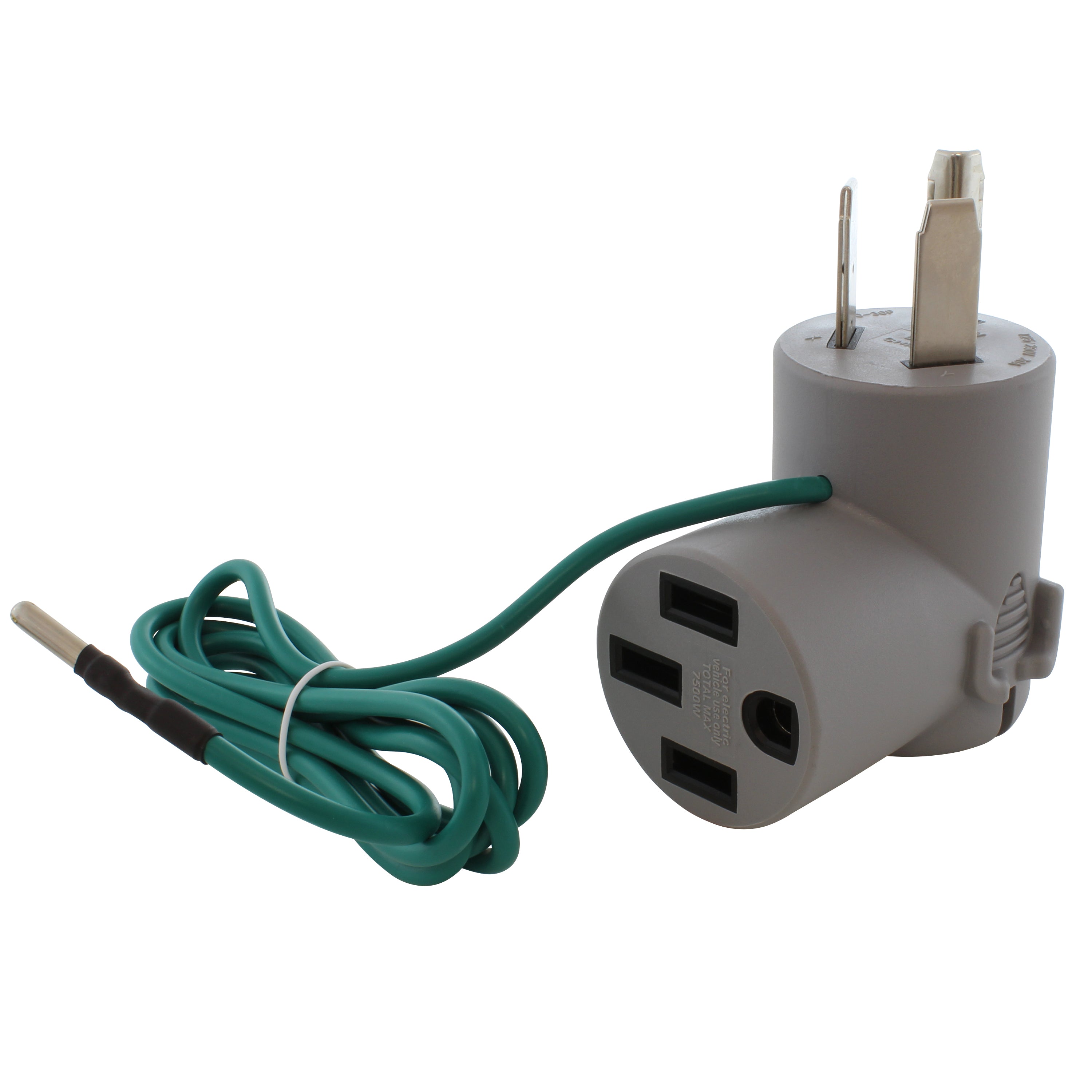
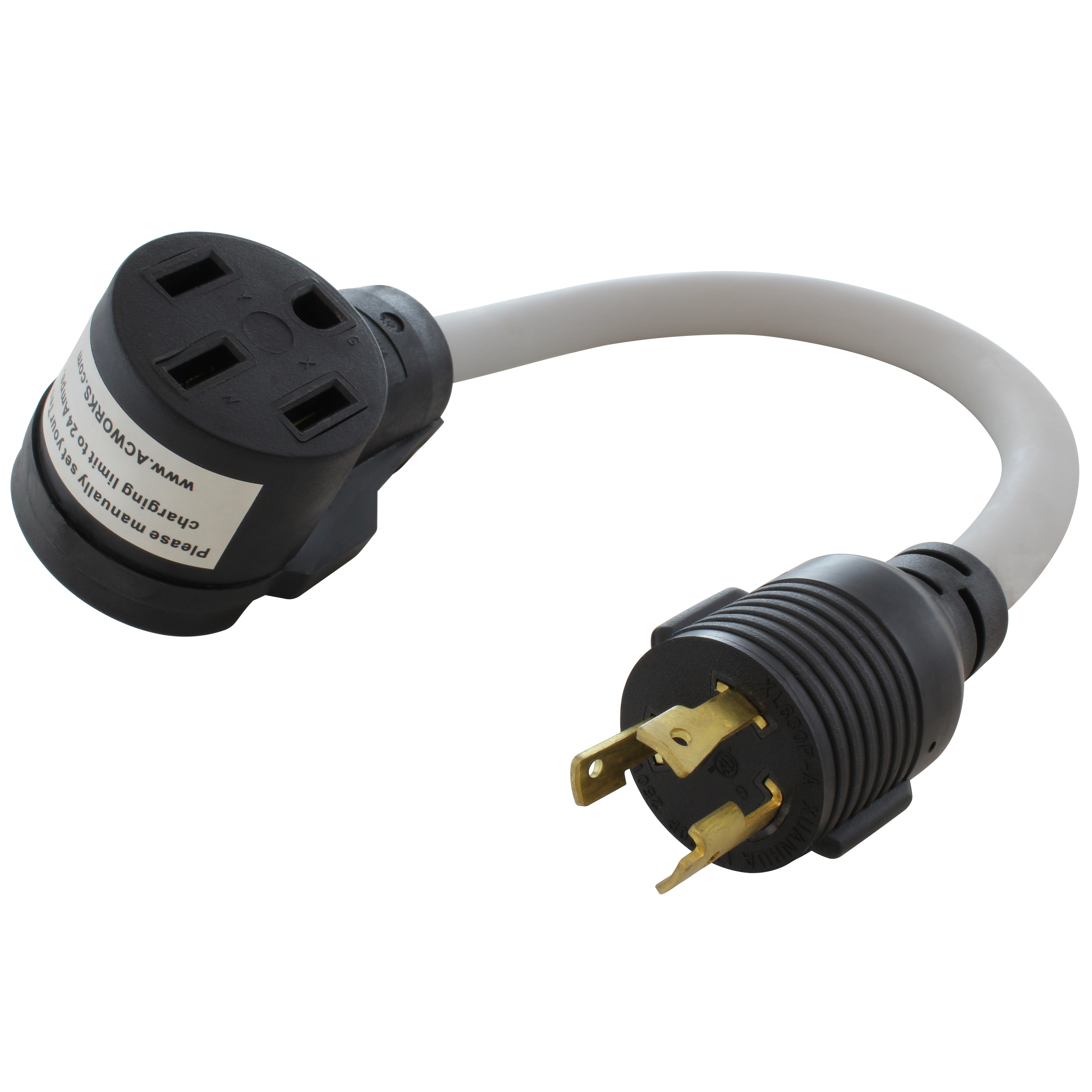
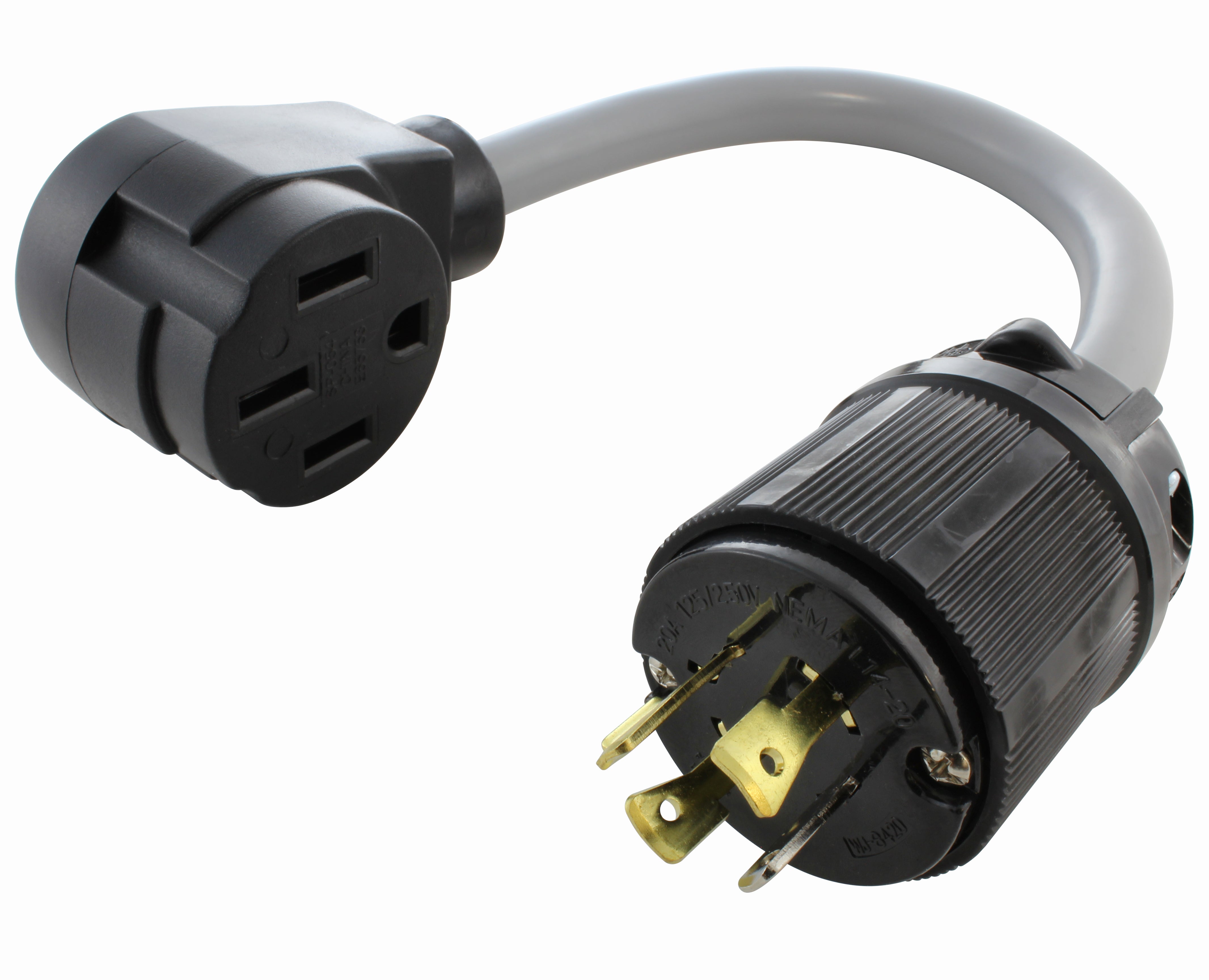
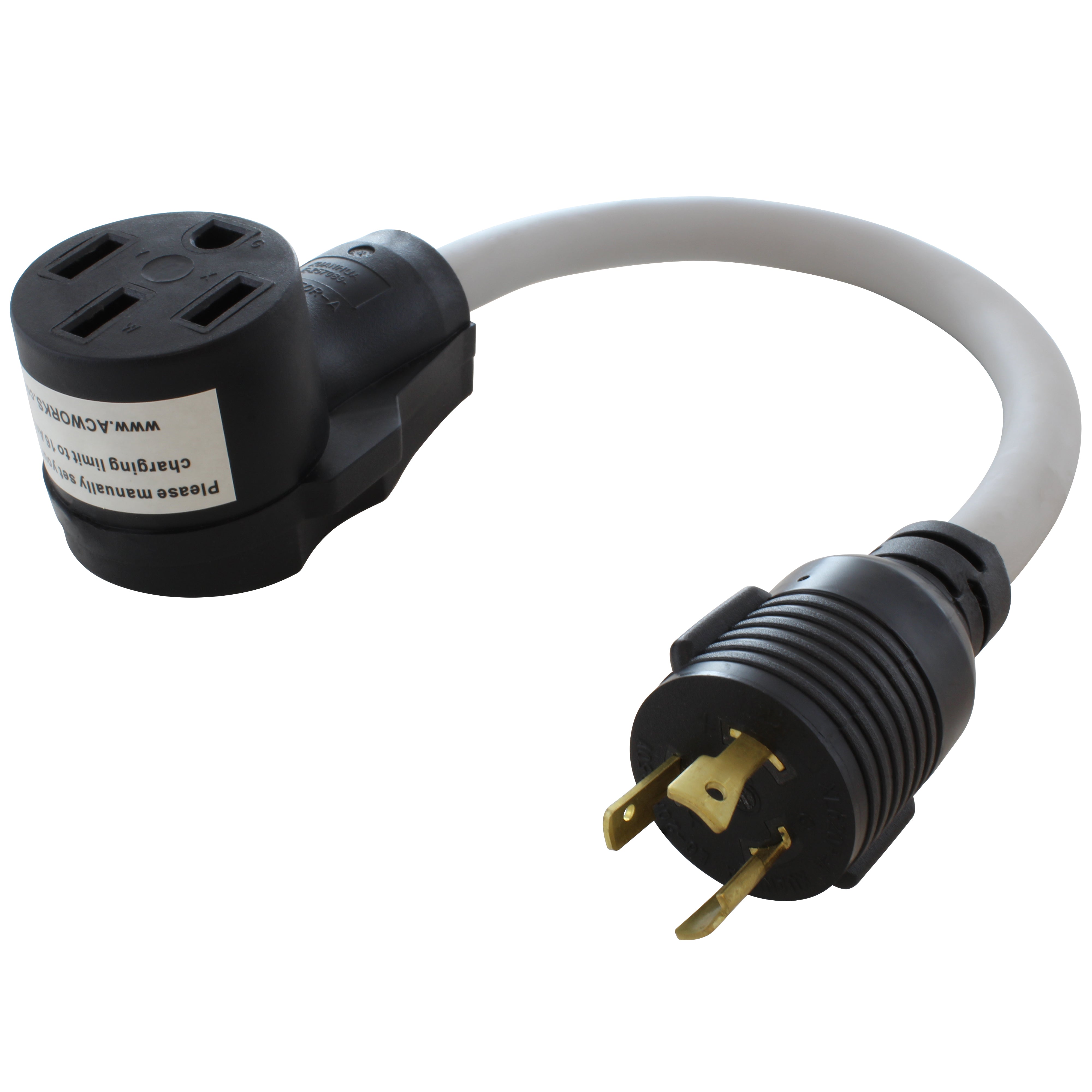
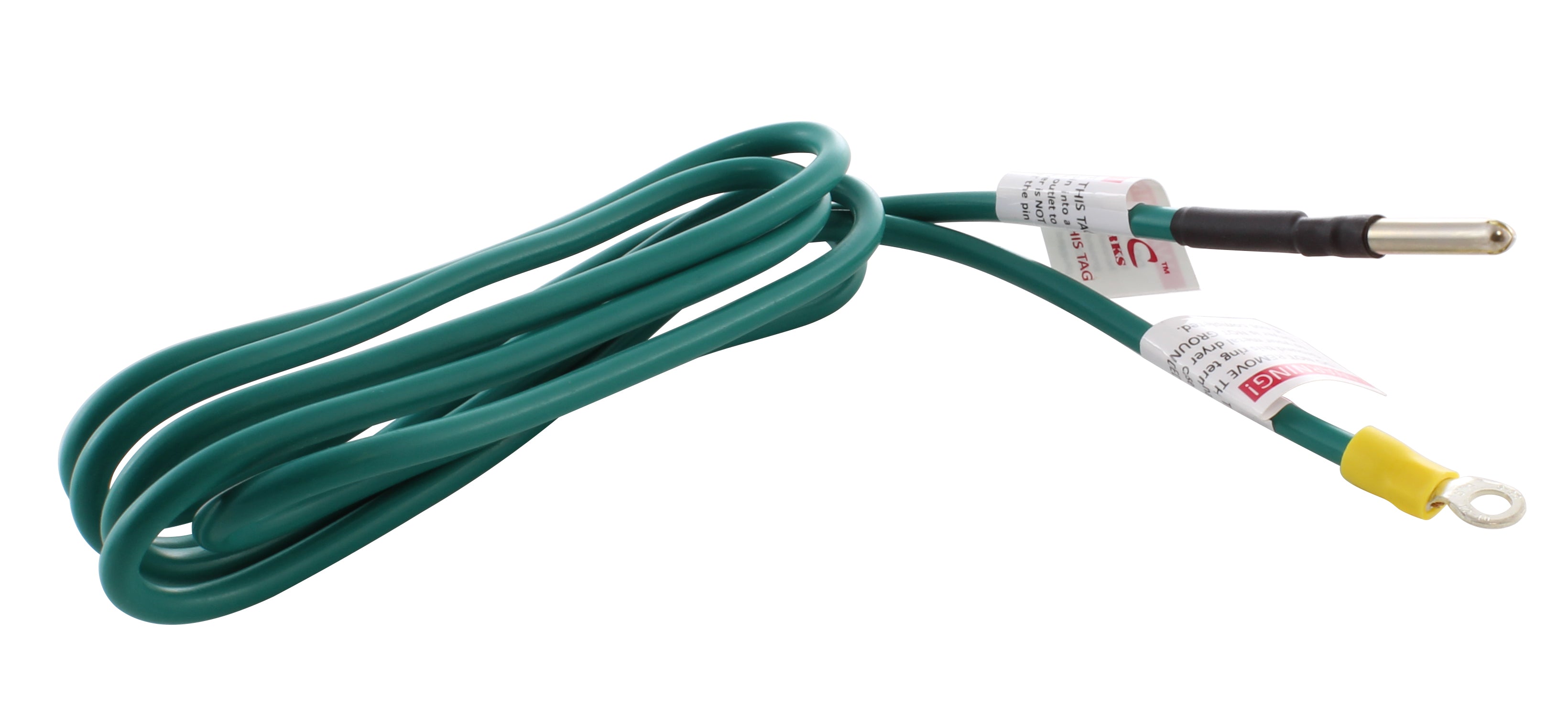
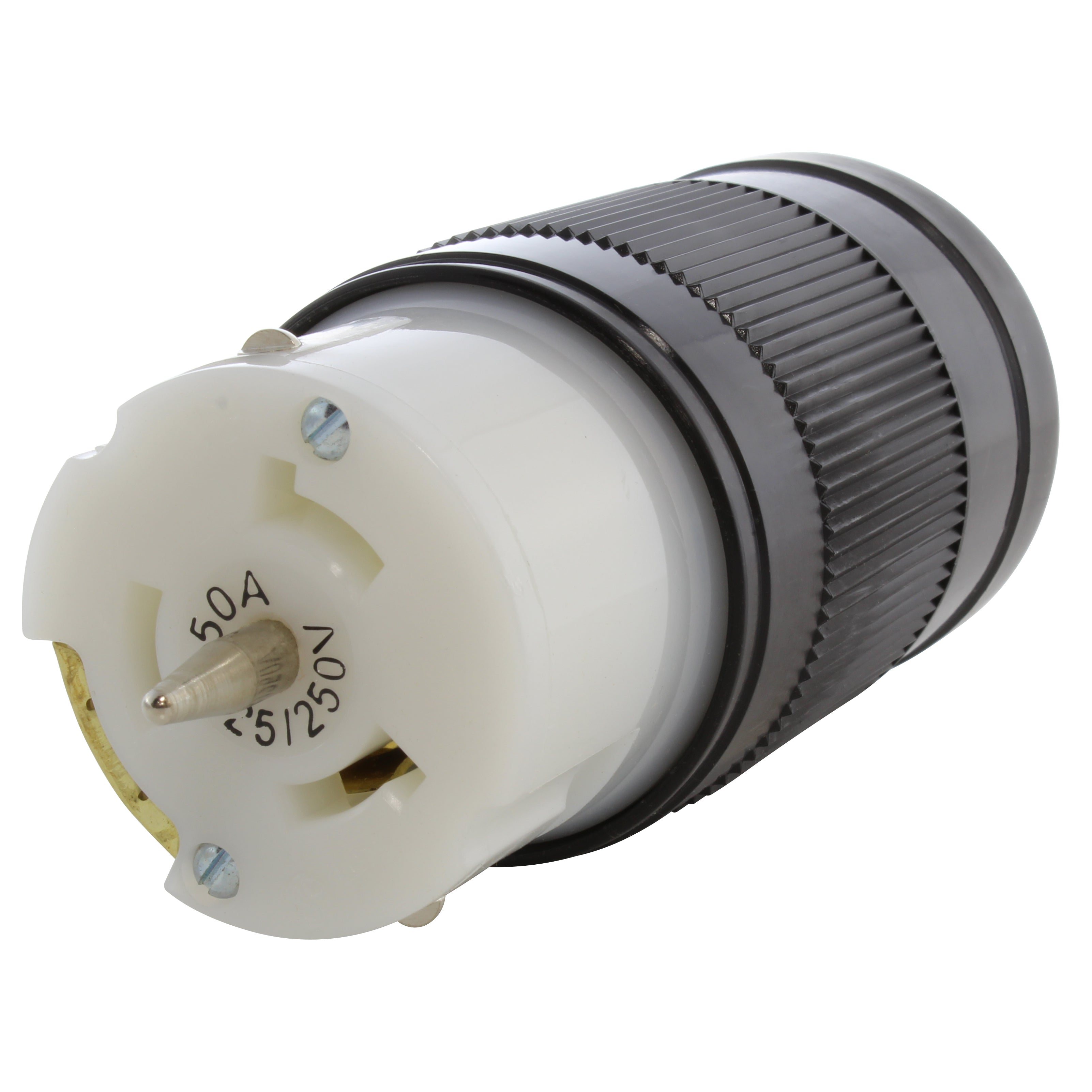
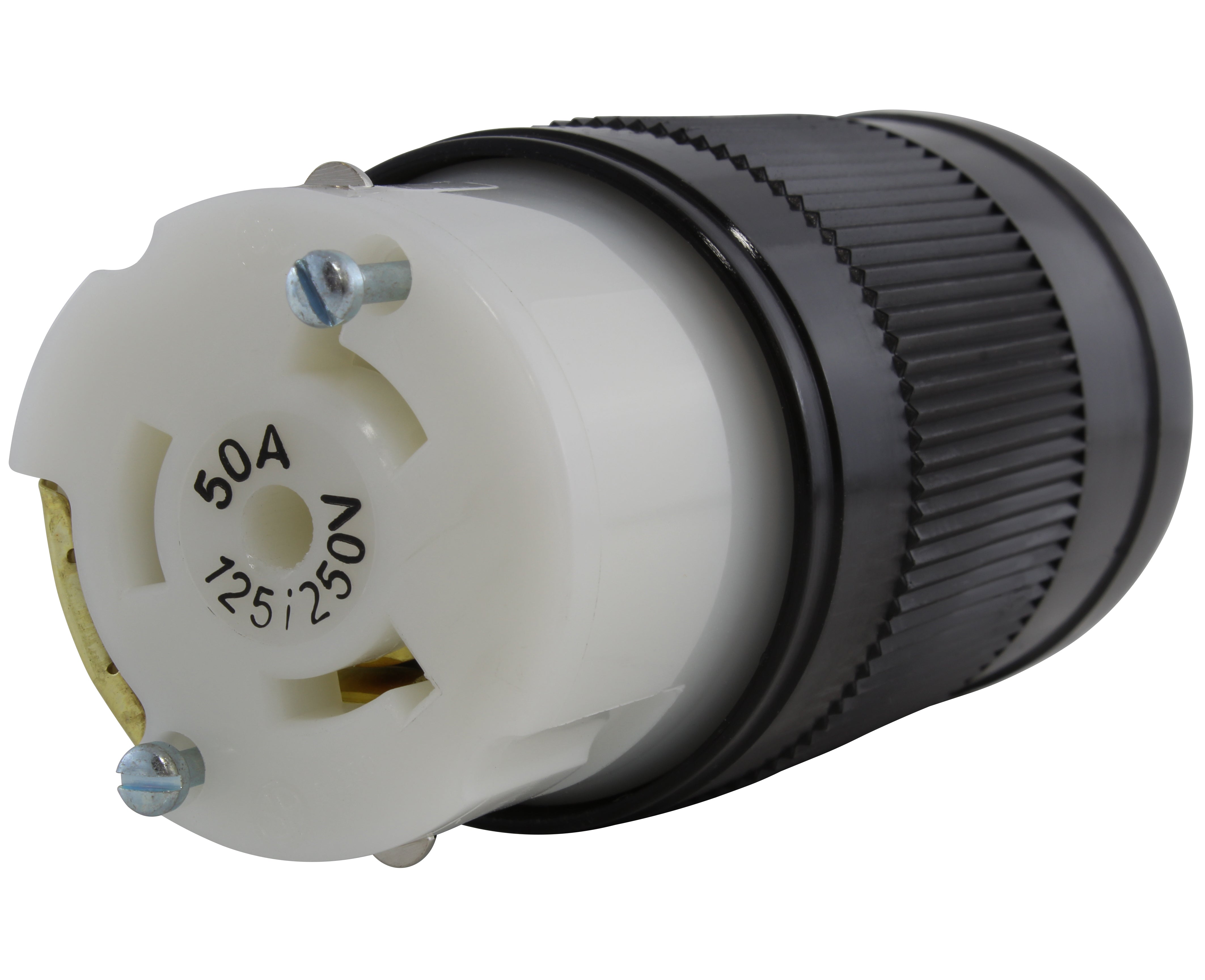
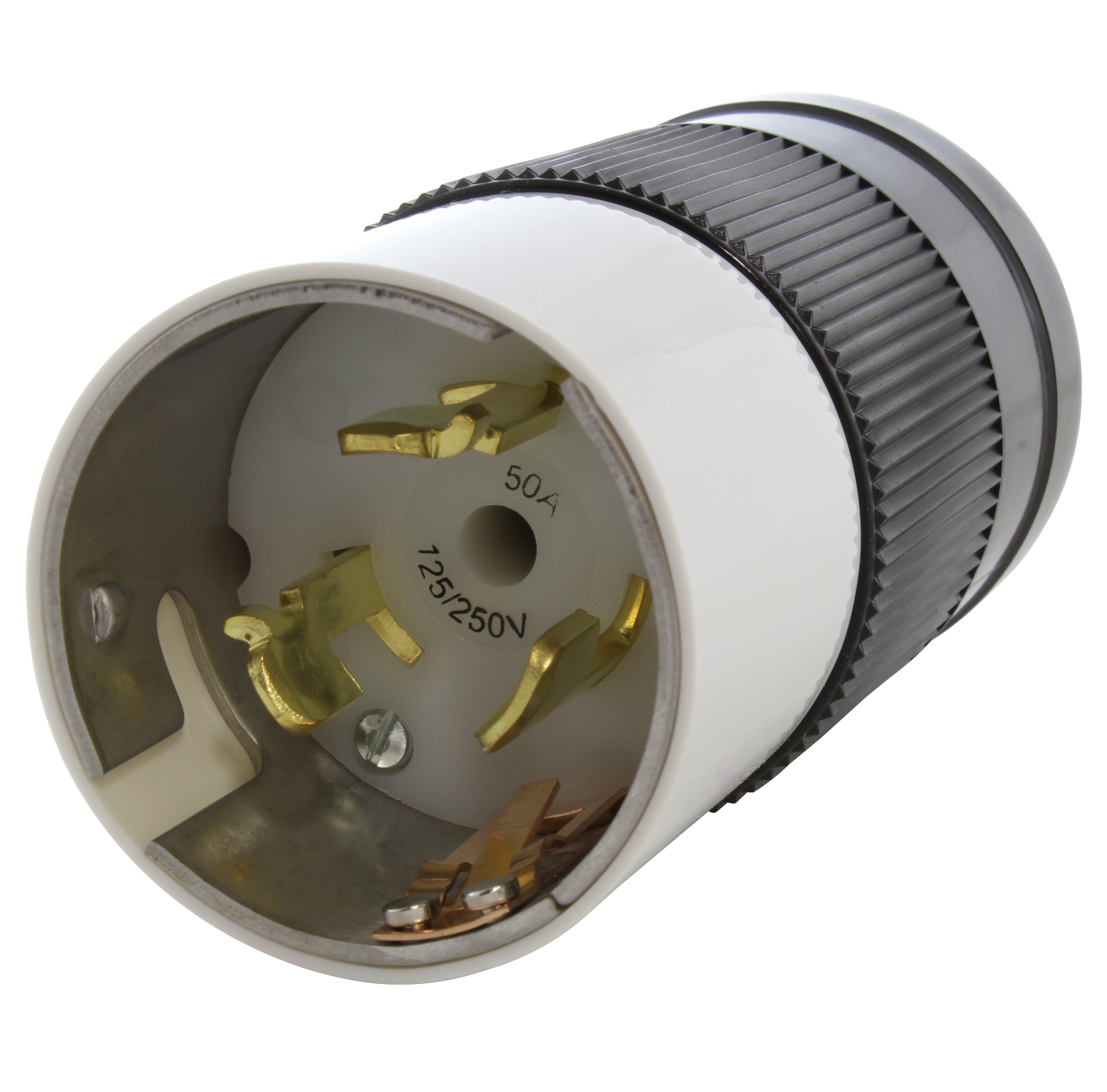
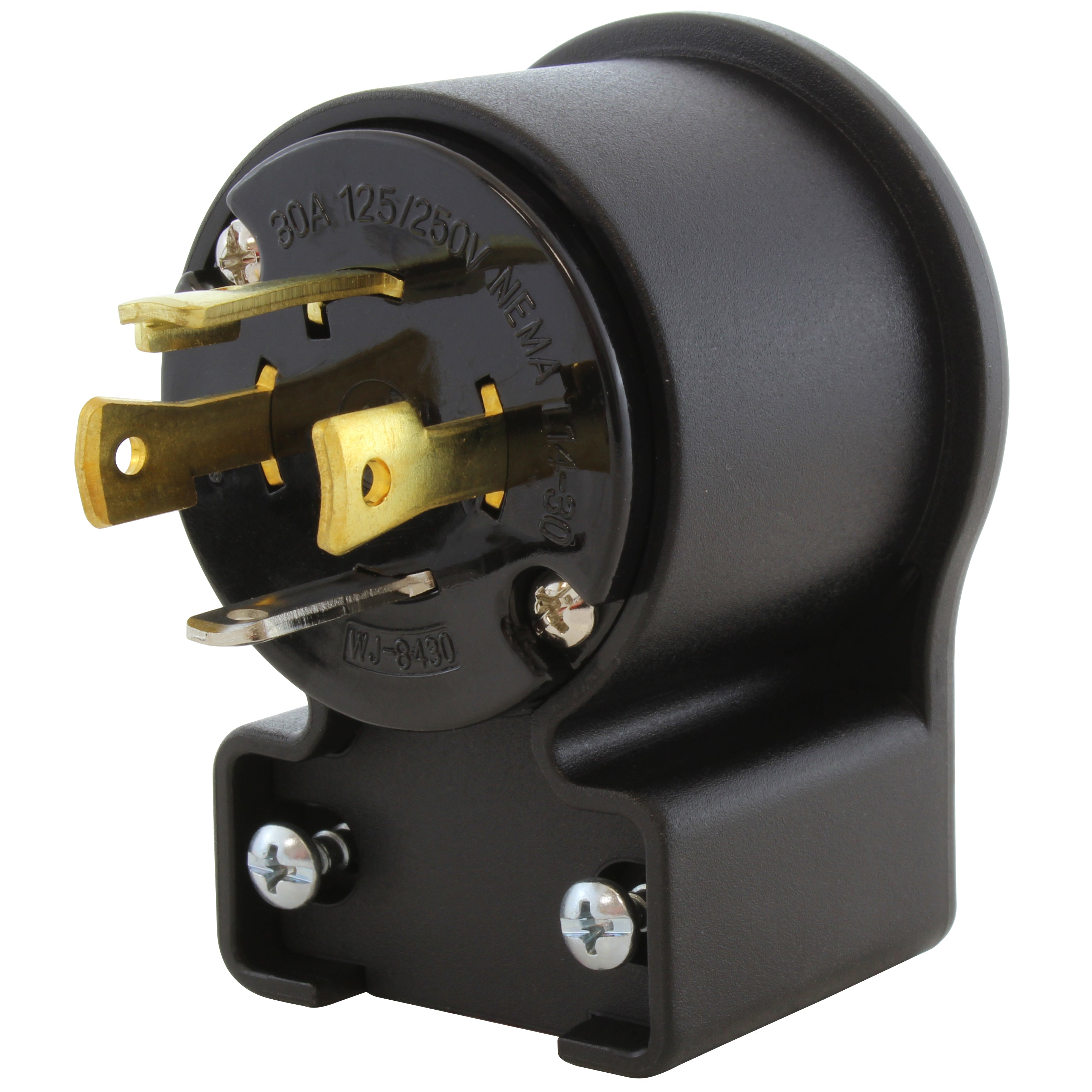
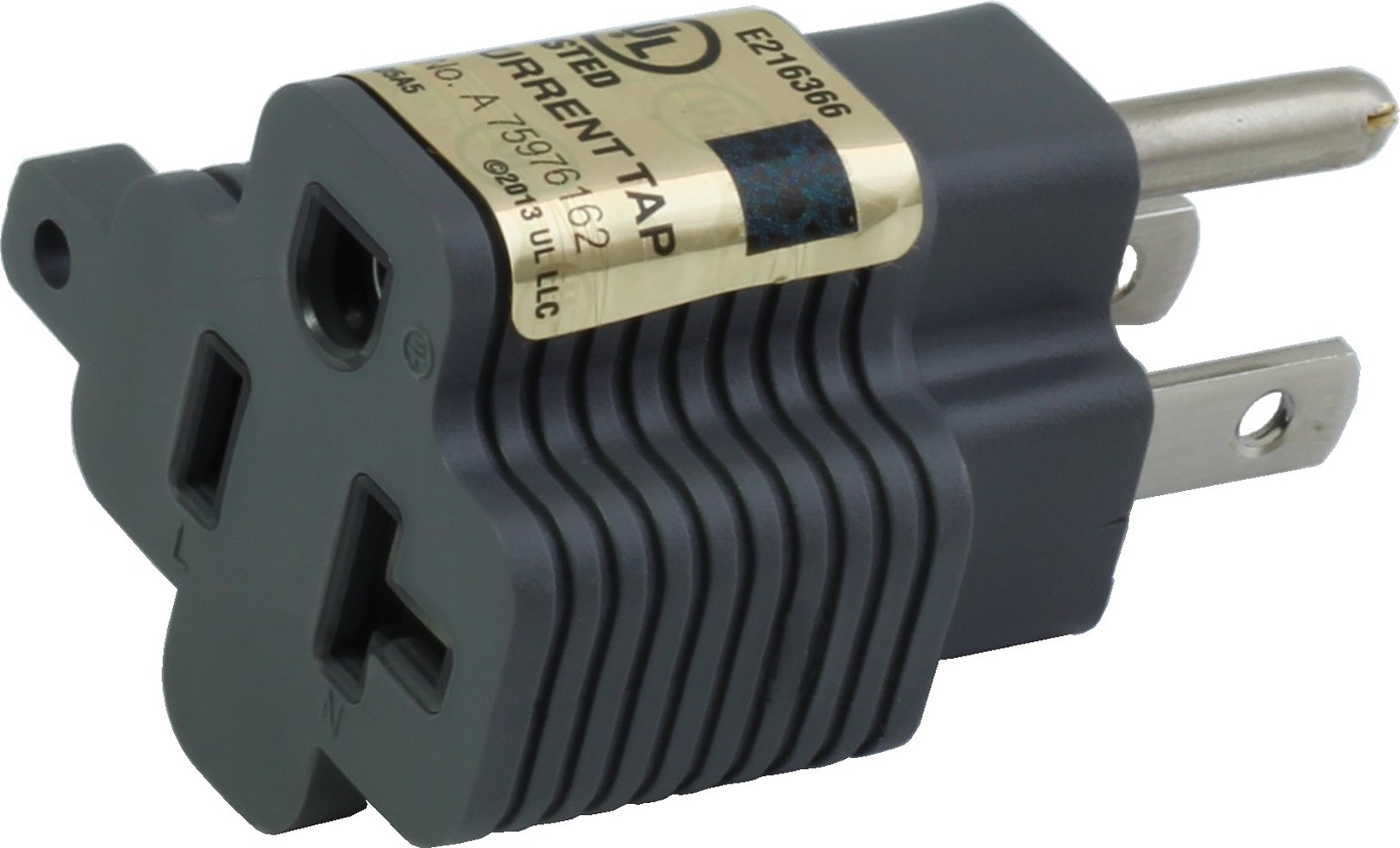
![AC WORKS® [ADV104] 3-Prong Heavy-Duty V-DUO Household Outlet Adapter](http://acworks.com/cdn/shop/products/ADV104-0.jpg?v=1605738768&width=3128)
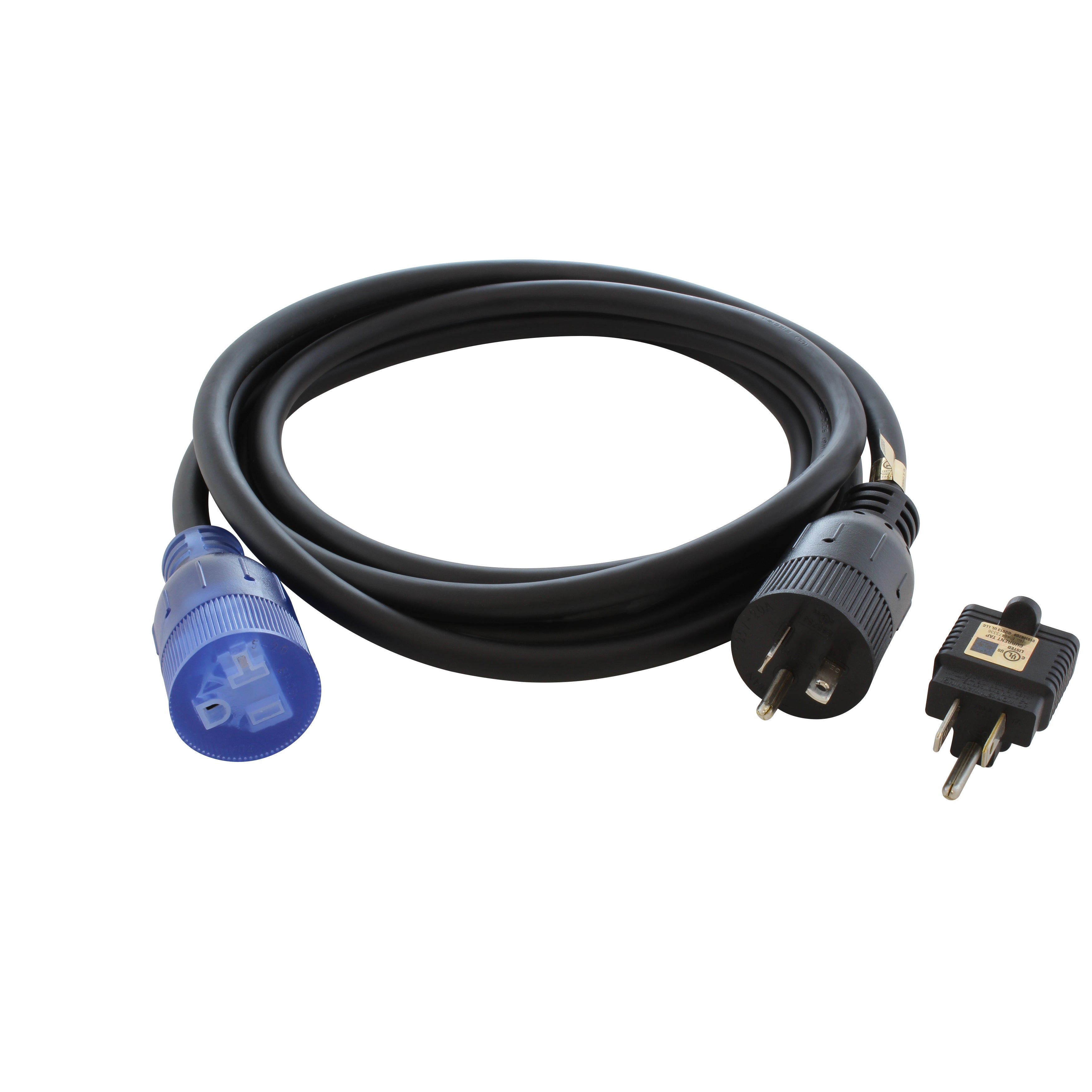
![AC WORKS® [XH515520] 15A to 15/20A 125 Volt Plug Adapter with ETL Safety Approval](http://acworks.com/cdn/shop/files/XH515520-0_daea425a-f439-48df-bb75-052167057f12.jpg?v=1729091519&width=2500)


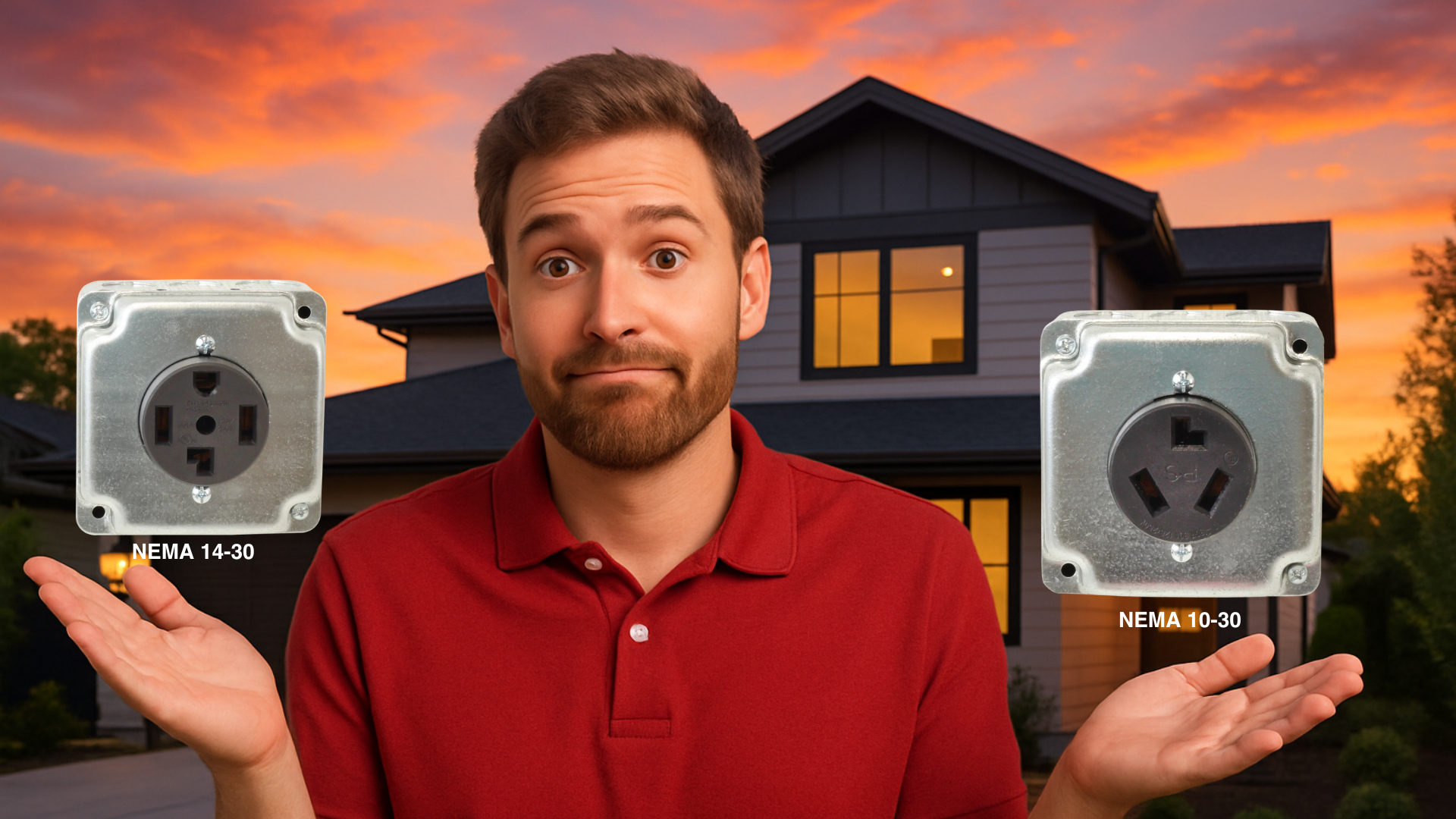
Share:
Why Not All Plugs and Outlets Can Be Adapted
Switching from an Electric Stove to a Gas Stove – Here’s What You Need to Know